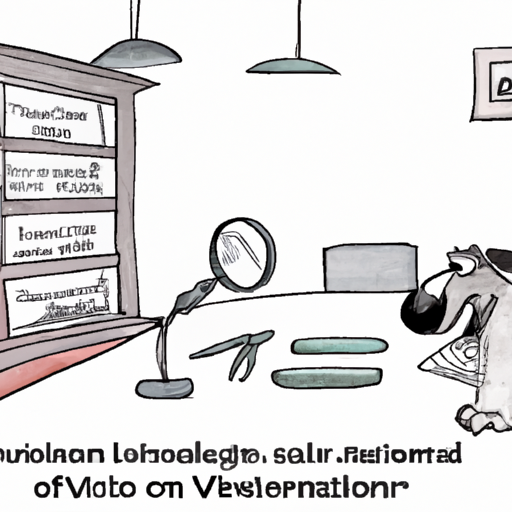As a caregiver for your furry friend, it’s essential to understand the various health risks that your dog may face. One such common health risk is the infestation of worms. Here, we will explore the types of worms that dogs can get, their symptoms, and how you can protect your pet.
Understanding Parasitic Worms in Dogs
Parasitic worms are a common issue in dogs. They are organisms that live on or in a host organism and can cause a range of health problems. The type of worms that dogs can get includes:
- Roundworms
- Tapeworms
- Hookworms
- Whipworms
- Heartworms
Types of Worms That Dogs Can Get
Each type of worm presents a different set of symptoms and risks. Here’s a snapshot of these various worms:
Roundworms: These are the most common worms in dogs. Puppies are especially at risk. They look like spaghetti and can be seen in the vomit or stool of the dog.
Tapeworms: These are flat and segmented worms that dogs can get typically by ingesting fleas or wild animals. You might notice segments of the worm in your dog’s stool that look like grains of rice.
Hookworms: These worms attach to the intestinal wall and suck the blood of the dog. They are dangerous and can cause severe anemia, especially in puppies.
Whipworms: They are less common but can cause severe inflammation in the bowel of the dog.
Heartworms: These are the most dangerous worms for dogs. They live in the heart and lungs of the dog, causing severe damage and even death if not treated.
| Type of Worm | Symptoms |
|---|---|
| Roundworms | Diarrhea, vomiting, potbelly |
| Tapeworms | Weight loss, hunger, tapeworm segments in stool |
| Hookworms | Anemia, weight loss, bloody stool |
| Whipworms | Diarrhea, weight loss, bloody stool |
| Heartworms | Coughing, fatigue, weight loss, heart failure |
Prevention and Treatment of Worms
Preventing worms in dogs is a crucial part of your role as a caregiver. Regular vet visits, maintaining a clean environment, and using preventive medications can drastically reduce the risk of worm infestation.
It’s essential to understand that each type of worm requires a different kind of treatment, so a proper diagnosis by a vet is necessary. If your dog is infested, they will likely need to take a course of deworming medication.
The Importance of Regular Check-ups
Regular vet visits are crucial for early detection and treatment of worm infestations. Most of the time, dogs can have worms without showing any symptoms. Regular fecal exams at the vet are the best way to catch and treat worm infestations early.
FAQs
Q: Can humans get worms from dogs?
A: Yes, some worms can be transmitted from dogs to humans, especially if proper hygiene is not maintained.
Q: How often should I deworm my dog?
A: This can depend on many factors, including your dog’s lifestyle and age. It’s best to consult with your vet for a personalized schedule.
Q: What should I do if I suspect my dog has worms?
A: If you suspect your dog has worms, the best course of action is to take them to the vet for a proper diagnosis and treatment plan.
Remember, as a caregiver, your vigilance can make a world of difference in your dog’s health. Stay informed, stay proactive, and keep your furry friend safe and healthy.



